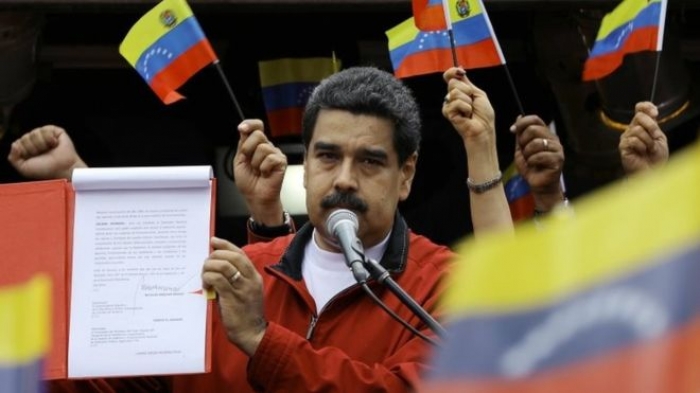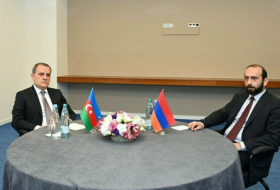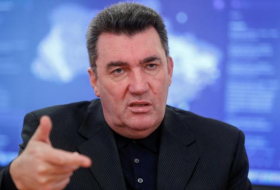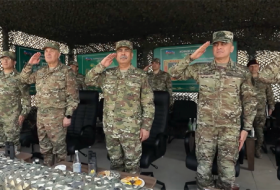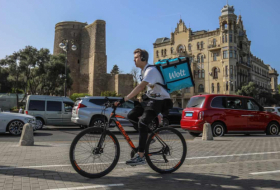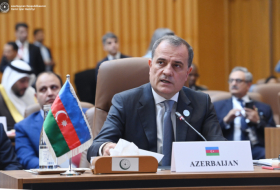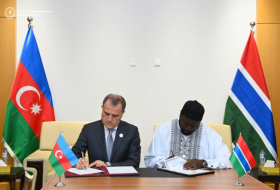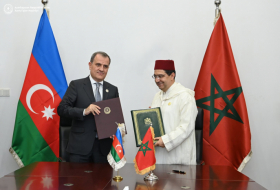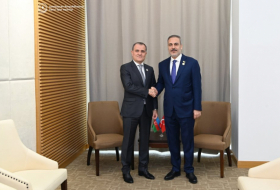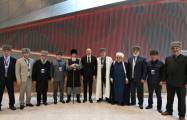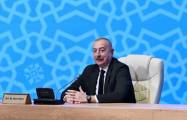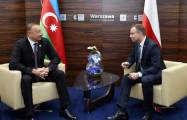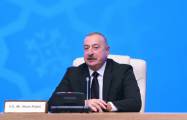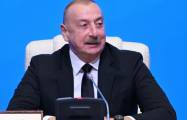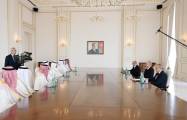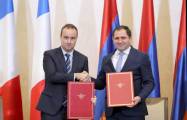The general said he did not agree with the way the assembly was convened and how its members would be selected.
His resignation amid a political crisis has caused waves in Venezuela.
Armed forces are key
While polls suggest that 80% of Venezuelans are unhappy with the way Mr Maduro runs the country, the military has so far expressed its loyalty to the president.
Government critics have repeatedly tried to get the armed forces to switch sides. Most recently, jailed opposition leader Leopoldo López published a video message on Twitter calling on the military to rebel.
But so far there has been very limited dissent within the armed forces.
When news of the renunciation of Gen López filtered through on Monday, speculation therefore was at fever pitch about what had triggered it.
On Tuesday, he broke his silence and published a letter on Twitter [in Spanish] in which he stated his "appreciation, gratitude and friendship for President Nicolás Maduro" before writing that the reason for his renunciation was due to "my disagreement with the procedure used to convene and elect the constituent assembly".
Controversial move
President Maduro first announced plans to create a citizen's assembly to rewrite the constitution on 1 May.
The move has been heavily criticised by the opposition, which says it is an attempt by the president to increase his powers by sidestepping the opposition-controlled National Assembly.
But there has also been criticism from some "Chavistas", people loyal to Mr Maduro's mentor and predecessor in office, Hugo Chávez.
They say there is no need to change the constitution, which was drawn up and passed under President Chávez in 1999.
President Maduro argues that the constituent assembly will "bring peace" to Venezuela, where more than 60 people have been killed in protest-related violence since 1 April.
The president says a new constitution will also enshrine some of the social programmes Mr Chávez introduced and prevent them from being abolished should a new government come in.
There is also disagreement over whether the way the assembly was convened was legal, with some saying the president should have held a referendum.
However, a legal challenge filed by the chief prosecutor has been dismissed by the Supreme Court, which critics say is stacked with supporters of President Maduro.
Opposition politicians have called on Venezuelans to further increase the pressure on the government by stepping up their protests.
More about: #Venezuela








